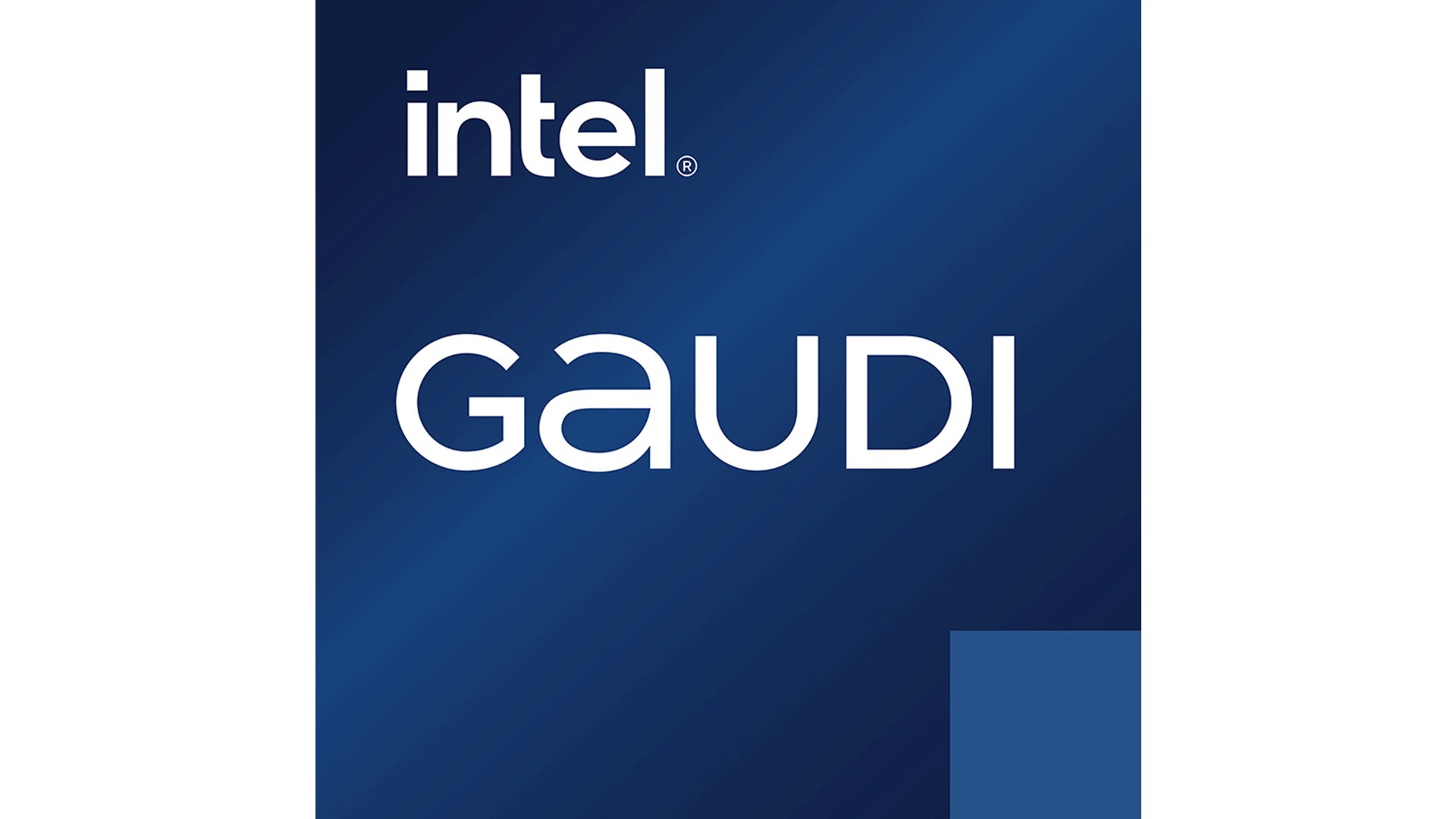
Create, Migrate, and Optimize Your AI Models with
Intel® Gaudi® Software
Access Intel® Gaudi® accelerators along with model references, libraries, containers, and tools for training and deploying GenAI and LLM.
Set Up
Connect to the Intel® AI Cloud for Intel Gaudi 2 AI accelerators or Amazon EC2* DL1 for first-gen Intel Gaudi accelerators.
Get Started
Develop
Streamline every stage of your AI development with our comprehensive tools and resources.
Get Started
Training
Explore the latest resources to deepen your understanding of Intel Gaudi accelerators and optimize your models.
Learn More
![]()
Review training and inference model performance data on the Intel Gaudi AI accelerator.